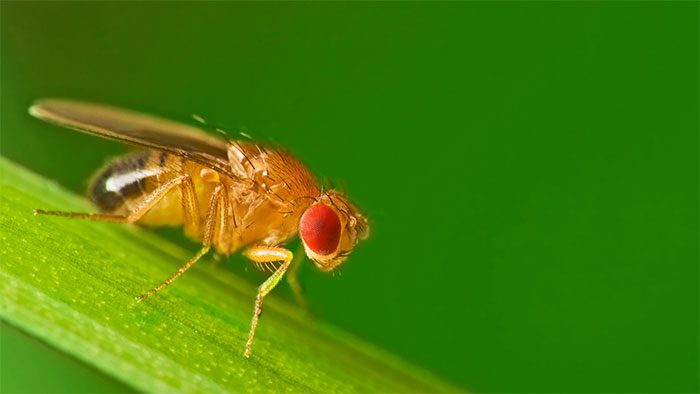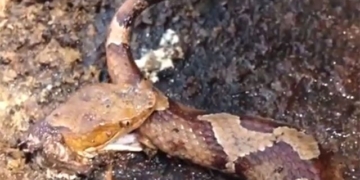On July 28, the University of Cambridge (UK) announced that its scientists have successfully altered the gene of female fruit flies, enabling these creatures to reproduce without mating.
Parthenogenesis, also known as asexual reproduction, is a form of reproduction where eggs can develop into new individuals without fertilization.
This phenomenon is quite common in various organisms such as plants, insects, fish, reptiles, and even birds, except for mammals, which require specific genes found in sperm for reproduction.

In the future, these creatures may give birth without male fruit flies.
In a research report published in the journal Current Biology on July 28, the University of Cambridge (UK) stated that its scientists, along with American collaborators, have successfully modified the gene of female fruit flies, allowing them to reproduce without the need for male fruit flies.
Notably, this parthenogenesis capability can be passed down through multiple generations. Specifically, offspring born through this method can also reproduce without mating.
The report highlights: “For the first time, scientists have successfully created parthenogenesis in a species that typically reproduces sexually: the fruit fly Drosophila melanogaster.”
According to Dr. Alexis Sperling, the lead author of the study, she has been interested in researching parthenogenesis since observing a mantis she kept that gave birth in this manner.
To investigate the genetic factors associated with parthenogenesis, she and several researchers in the US decided to experiment with the fruit fly Drosophila melanogaster—one of the most commonly used species in genetic research.
Initially, the research team sequenced the genomes of two other strains of fruit flies from the Drosophila mercatorum lineage. One strain reproduces solely through parthenogenesis, while the other requires male flies for fertilization.
They then compared the results to precisely identify the genes present in offspring born through parthenogenesis. Subsequent comparisons were made with the genes of Drosophila melanogaster to determine matching factors.
This study was conducted over six years and involved 220,000 fruit flies. The genetically modified flies can still reproduce sexually if they come into contact with male flies. However, in environments without male flies, 1-2% of the genetically modified female fruit flies will undergo parthenogenesis, producing offspring that are 100% female.
Commenting on this significant scientific advancement, Mr. Herman Wijnen, a researcher at the University of Southampton (UK), stated: “This is an interesting study because it shows how asexual reproduction can evolve in a species that typically reproduces sexually, and it could be seen as a survival strategy for female animals unable to find a mate.”
Last month, a female crocodile at a zoo in Costa Rica also laid an egg containing a fully formed embryo. This was recorded as the first instance of parthenogenesis in this reptile species.


















































